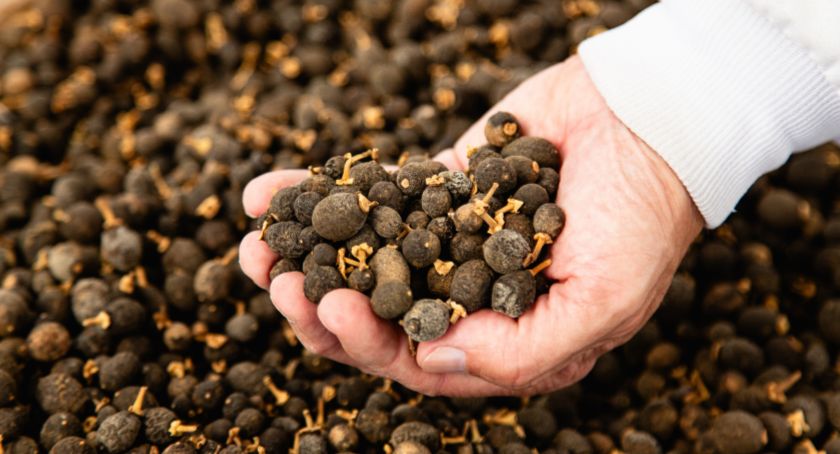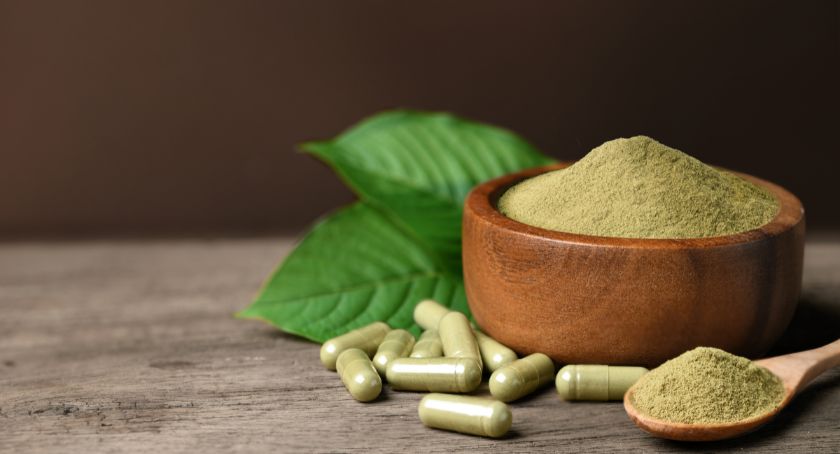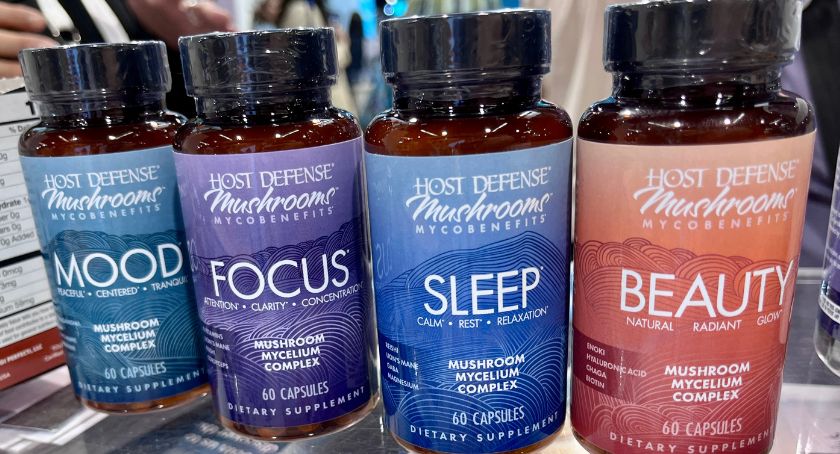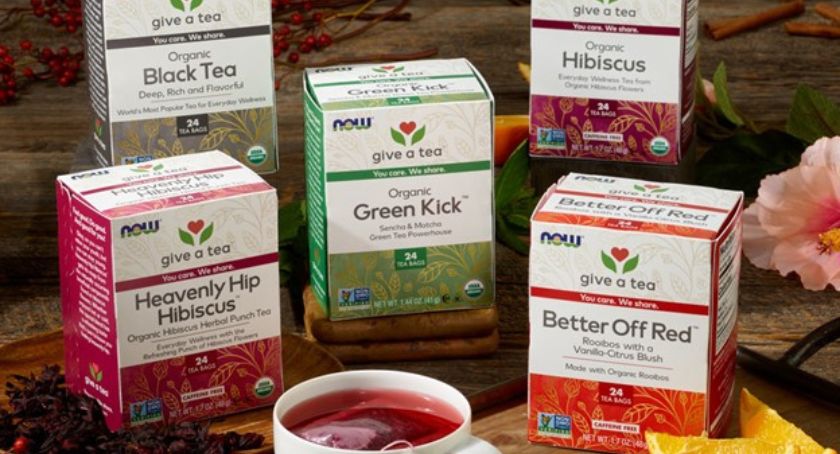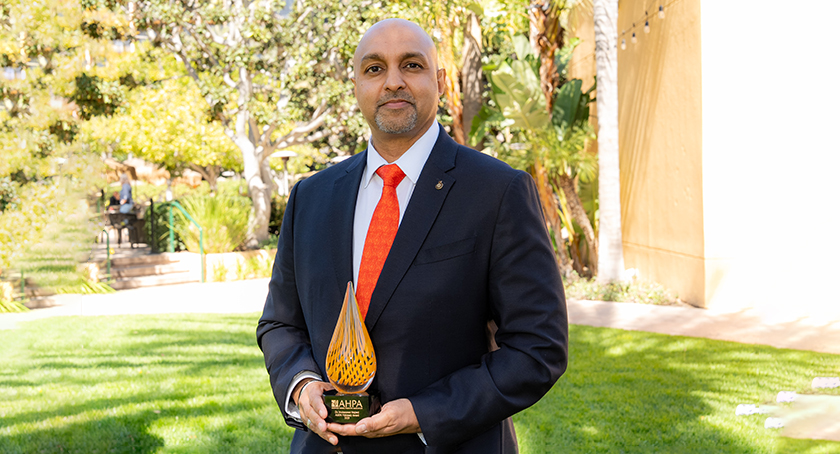Exclusives
Cocoa Flavanol Supplementation Associated with 27% Reduction in Cardiovascular Death
Trial finds modest reduction in cardiovascular events for those taking cocoa extract, no association between multivitamins and reduced risk of cancer or CVD.

By: Sean Moloughney
Results from the large-scale, placebo-controlled, clinical trial known as COSMOS (Cocoa Supplement and Multivitamin Outcomes Study) showed a significant 27% reduction in death from cardiovascular disease (CVD) among older adults taking cocoa extract (500 mg/d flavanols, including 80 mg (–)-epicatechins).
Researchers also reported that a daily multivitamin-multimineral (MVM) supplement did not reduce the risk of total cancer or cardiovascular disease among generally healthy older men and women. Results for both studies were published in the American Journal of Clinical Nutrition.
COSMOS is supported in part by an investigator-initiated grant from Mars and GSK Consumer Healthcare, which both provided study pills and packaging. The cocoa extract supplement used in COSMOS is similar to CocoaVia Cardio Health and the multivitamin tested was Centrum Silver, which is similar to the current Centrum Silver Adults 50+ multivitamin.
Cocoa and Cardio Health
According to the study, 410 out of 10,719 participants taking cocoa extract and 456 out of 10,723 participants taking placebo had confirmed total cardiovascular events like heart attack and stroke. This translated to a modest but not statistically significant 10% reduction in cardiovascular events for those taking cocoa extract.
However, when comparing participants who remained compliant with the active cocoa extract and placebo groups, cocoa extract supplementation significantly reduced total cardiovascular events by 15%, researchers said.
Cocoa extract supplementation also reduced deaths due to cardiovascular disease, a pre-specified secondary endpoint, by 27%. Cocoa extract did not significantly reduce other individual cardiovascular outcomes. Participants taking cocoa extract experienced no significant effects on total invasive cancer, individual cancers, or cancer death.
Additional research is needed to understand how cocoa extract supplementation may reduce cardiovascular events through continued follow-up of COSMOS participants and ongoing ancillary studies examining mechanisms of effect along with other age-related outcomes.
Multis No Match for Cancer
On the other side of the COSMOS trial, 518 out of 10,720 participants taking a multivitamin and 535 out of 10,722 participants taking placebo had confirmed total invasive cancers. This small nonsignificant difference meant that multivitamin use was not associated with risk of total invasive cancer.
When looking at individual cancers, rather than total, there was no significant effect of daily multivitamin use on reducing the occurrence of breast cancer, colorectal cancer, prostate cancer, or melanoma. However, daily multivitamin use did potentially reduce lung cancer by 38%, compared with placebo.
Daily multivitamin use had no effect on cancer among those with a baseline history of cancer and had no effect on total major cardiovascular events or individual cardiovascular events. A daily multivitamin did appear to improve levels of several nutritional biomarkers though.
Researchers noted that multivitamins are safe and remain the most frequently used dietary supplement. Future studies are needed to clarify its role on nutritional status and other aging-related outcomes.
Steve Mister, president and CEO of the Council for Responsible Nutrition (CRN)—of which Mars and GSK are members—applauded this new supplement research, which he said “paves the way to improved understanding of the role nutrition plays for human health.”
“Groundbreaking research like COSMOS and future research on bioactives like flavanols are the types of science that will propel innovation for the supplement industry and push forward the possibilities in supporting consumers’ health,” he added.
References
Sesso, H., et al. (2022). Effect of cocoa flavanol supplementation for prevention of cardiovascular disease events: The COSMOS randomized clinical trial. The American Journal of Clinical Nutrition. https://doi.org/10.1093/ajcn/nqac055.
Sesso, H., et al. (2022). Multivitamins in the prevention of cancer and cardiovascular disease: The COSMOS randomized clinical trial. The American Journal of Clinical Nutrition. https://doi.org/10.1093/ajcn/nqac056.




